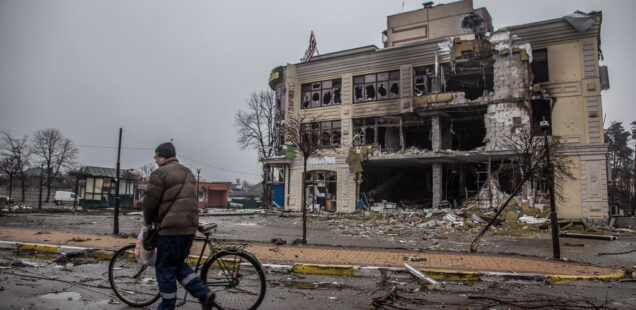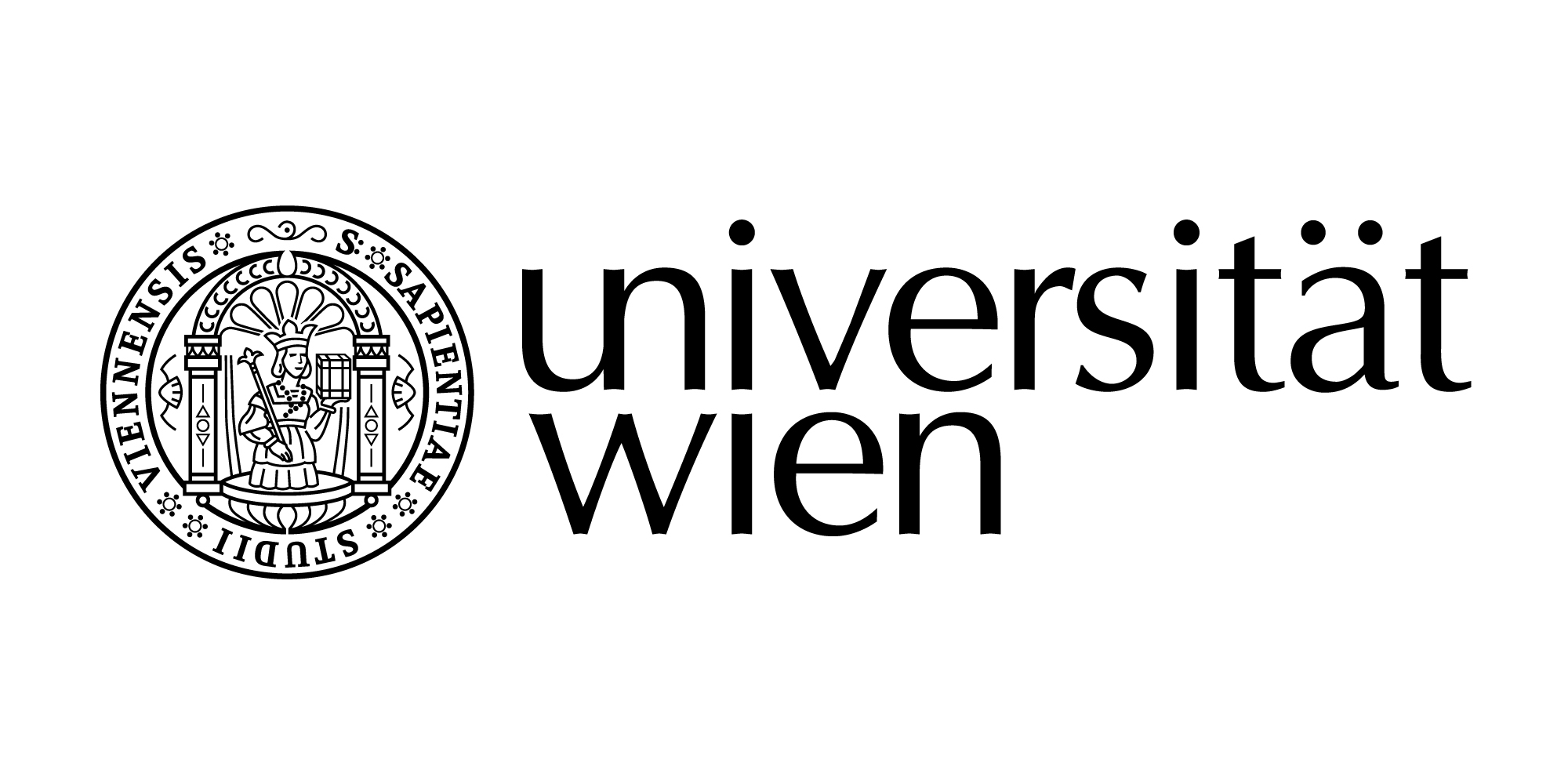
What kind of Ukrainian victory the West should aim at?
Russian invasion of Ukraine in 2022 is devastating not only for Ukraine, which fights this unjust bloody war on its territory, but also for the Western community, that supports Ukraine financially, military and constrains Russia via sanctions. Now in the beginning of 2023, many hope that this year will bring victory to Ukraine. But what kind of Ukrainian victory would be the best for the West?
The whole democratic world stands with Ukraine and condemns Russian brutal aggression. Many countries introduced hard sanctions against Russia, which turned Russia into the most sanctioned country in the world. However, sanctions are painful for both sides. In particular, the European Union experiences tangible impact of destroyed economic relations with Russia. Prices for energy grew up due to limitations on purchase of energy resources from Russia. On the average, EU-countries had 10% inflation in autumn 2022, with over 20% in Latvia, Lithuania and Hungary. Although the vast part of the European population stands in favour of support for Ukraine, there are ones, who protest against this and ask their governments to concentrate on their own countries (e.g. such protests happen regularly in Austria). There are voices that Putin should be given a chance to “save face” and the war should be finished quicker. French President Macron is the famous proponent of this idea. However, no matter how hard it is for the West to stand with Ukraine in this war, the West cannot give any concessions to Putin. If the war ends with any kind of victory for Putin, the West may indeed gain some short-term benefits. Yet in the long term, this appraisal of Russian imperialism will lead to horrible consequences for the world. This would be a signal that international law can be broken by more powerful states, and any country can be subject to aggression. Such concessions would also show Russia the West’s weakness and could seduce Russia to the next aggression in future, which could be directed already against an EU member-state. Thus, the West has the only choice – to support Ukraine till the end and to help to destroy the current fascism regime in Russia.
What kind of Ukrainian victory?
Another question is what we see as Ukraine’s victory and Russia’s defeat. Ukrainian politicians and ordinary Ukrainians have stressed many times what victory they aim at – restoration of Ukrainian territorial integrity in its borders of 1991 (in November 2022, 89% of Ukrainians believed in return of all Ukrainian territories and 78% were against Ukraine making any compromises to end this war). Only when Russia returns all territories it illegally occupied, the international justice could be restored. A few attempts of peace negotiations (e.g. the ones organised by Turkey) put the question of Crimea and Donbas ‘outside the brackets’. It seems that Ukrainian allies want fast peace, some settlement regarding territories occupied by Russia since February 2022 and can accept a frozen status of Crimea and Donbas. This would not work out, since it can also tempt Russian future aggression and will not restore the international justice, which was broken by Russia via its illegal annexation of Crimea in March 2014.
Challenges for post-war Ukraine
The last point relates to Ukraine itself. When Russia is defeated, Ukraine will have numerous internal problems, which are already visible now. Before the war, Ukraine struggled with corruption (ranked 122nd out of 180 countries in 2021, being the second most corrupt in Europe after Russia) and ineffective governance. During the war, these problems deteriorated. Corruption among high officials (also at regional level) is responsible for disappearance of vast part of humanitarian aid provided to Ukraine. Moreover, there are opinions about certain military mistakes of Ukrainian leadership. For instance, the fast occupation of the South of Ukraine in the beginning of the war raises questions (some claim it happened due to demining of the territory and not blown bridges between Crimea and Southern Ukraine). In turn, Ukrainian leaders start prosecution against the ones who voice criticism, e.g. against General Serhii Kryvonos who protected Kyiv airport in the beginning of the war.
From another point of view, the war deteriorated the democracy in Ukraine. Firstly, media freedom was restricted. A few channels, either deemed pro-Russian or owned by the former President Poroshenko, were closed. Most Ukrainians get their information from United News, which is fully controlled by the government. Only a few independent analysts share their different opinions via YouTube channels (e.g. Yuriy Romanenko, Mikhail Chaplyga). Another violation of human rights is the restrictions on the freedom of movement. Already for 11 months of the war, men aged 18-60 are not allowed to leave Ukraine. No scholars can travel for a few days’ international conference and no male students can cross the border for studies (even if they started their studies before the war). Though there are certainly corrupted ways to leave Ukraine, which are used by some. The Ukrainian leadership is also not transparent regarding Ukrainian loses on the battlefield, which deteriorates trust between politicians and the society. Corruption, censorship, and human rights violation is not the future Ukrainians want.
What future of Ukraine the West should help to build?
The West is interested in stable and prosperous Ukraine. In particular, the EU would gain from stability (no wars and stable governance) near its borders and development of economic cooperation with Ukraine. After the war and even now Ukraine receives enormous financial support for reconstruction of the country. Providing this financial support, the donors are allowed to monitor how the money is used. Not only it is relevant for these countries’ taxpayers, but this would also help Ukrainians to get benefit from the money and to prevent its landing in the pockets of corrupted officials. In addition, after Ukraine gained an EU candidate country status, it qualifies for certain EU funds. Such deepening of cooperation could be used by the EU as an opportunity to impose its conditionality and to bring Ukraine closer to EU democratic standards.
To summarise, the West should be interested in the full victory of Ukraine – Russia’s defeat in this war, restoration of Ukraine’s borders of 1991 and democratic corruption-free Ukraine. Western countries, in particular the EU and other big supporters of Ukraine, have a variety of political and economic tools to contribute to the country’s victory and a post-war construction of stable and prosperous Ukraine.
Photo: Oleksandr Ratushniak / https://www.flickr.com/photos/undpukraine/51978216102


